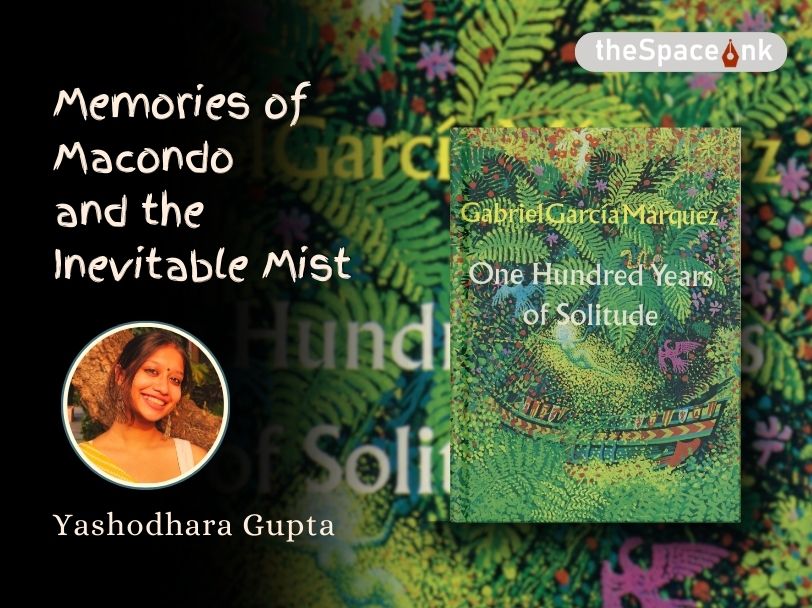The correspondence between Gustave Flaubert and Amantine Lucile Aurore Dupin better known by her pen name George Sand is a testimony to turbulent times. The relationship that spanned over twelve years that includes the Franco-Prussian War and the Commune was unique in any ways. The letters by Flaubert to George Sand disclose interesting facets of two extraordinary personalities of 19th century France. ‘The George Sand-Gustave Flaubert Letters’ was originally published in 1884 and later translated to English by A.L. McKensie.
To George Sand, 1863
Dear Madam,
I am not grateful to you for having performed what you call a duty. The goodness of your heart has touched me and your sympathy has made me proud. That is the whole of it.
Your letter which I have just received gives added value to your article [Footnote: Letter about Salammbo, January, 1863, Questions d’art et de litterature.] and goes on still further, and I do not know what to say to you unless it be that I QUITE FRANKLY LIKE YOU.
It was certainly not I who sent you in September, a little flower in an envelope. But, strange to say, at the same time, I received in the same manner, a leaf of a tree.
As for your very cordial invitation, I am not answering yes or no, in true Norman fashion. Perhaps some day this summer I shall surprise you. For I have a great desire to see you and to talk with you.
It would be very delightful to have your portrait to hang on the wall in my study in the country where I often spend long months entirely alone. Is the request indiscreet? If not, a thousand thanks in advance. Take them with the others which I reiterate.
To George Sand, Croisset 1866
I a mysterious being, dear master, nonsense! I think that I am sickeningly platitudinous, and I am sometimes exceedingly bored with the bourgeois which I have under my skin. Sainte-Beuve, between ourselves, does not know me at all, no matter what he says. I even swear to you (by the smile of your grandchild) that I know few men less vicious than I am. I have dreamed much and have done very little. What deceives the superficial observer is the lack of harmony between my sentiments and my ideas. If you want my confession, I shall make it freely to you. The sense of the grotesque has restrained me from an inclination towards a disorderly life. I maintain that cynicism borders on chastity. We shall have much to say about it to each other (if your heart prompts you) the first time we see each other.
Here is the program that I propose to you. My house will be full and uncomfortable for a month. But towards the end of October or the beginning of November (after Bouilhet’s play) nothing will prevent you, I hope, from returning here with me, not for a day, as you say, but for a week at least. You shall have “your little table and everything necessary for writing.” Is it agreed?
As for the fairy play, thanks for your kind offers of service. I shall get hold of the thing for you (it was done in collaboration with Bouilhet). But I think it is a trifle weak and I am torn between the desire of gaining a few piasters and the shame of showing such a piece of folly.
I think that you are a little severe towards Brittany, not towards the Bretons who seem to me repulsive animals. A propos of Celtic archaeology, I published in L’Artiste in 1858, a rather good hoax on the shaking stones, but I have not the number here and I don’t remember the month.
I read, straight through, the 10 volumes of Histoire de ma vie, of which I knew about two thirds but only fragmentarily. What struck me most was the life in the convent. I have a quantity of observations to make to you which occurred to me.








